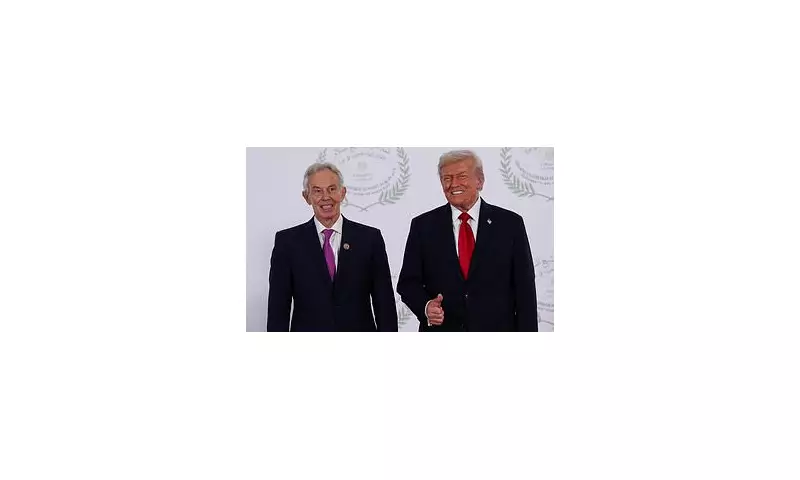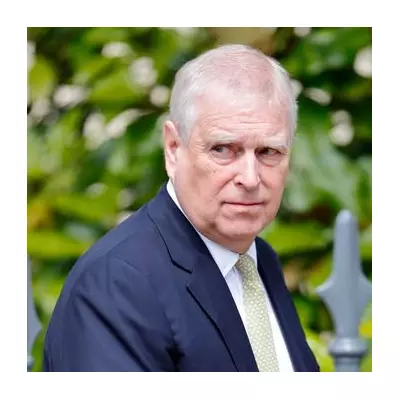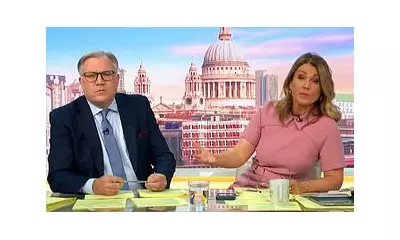
In a remarkable political development that has sent shockwaves through Westminster, former Prime Minister Tony Blair has publicly endorsed Donald Trump's vision for Gaza's future administration. The surprising alignment occurred during Trump's recent visit to the United Kingdom, where the two former world leaders appeared together in a show of unity.
Historic Meeting of Minds
The encounter between Blair and Trump marks a significant moment in international diplomacy, with the former Labour Prime Minister openly supporting the Republican presidential candidate's approach to one of the world's most complex geopolitical challenges. Sources close to both figures described the meeting as "warm and productive," suggesting a meeting of minds on Middle Eastern affairs.
The Gaza Proposal
While specific details of Trump's Gaza plan remain under wraps, insiders suggest it involves a comprehensive approach to post-conflict governance and reconstruction. Blair's endorsement lends considerable weight to the proposal, given his extensive experience in Middle Eastern diplomacy through his role as Quartet Representative.
Political Implications
This unexpected alliance between the former Labour leader and the Republican standard-bearer has raised eyebrows across the political spectrum. Analysts suggest Blair's support could influence moderate voices in both UK and international circles, potentially reshaping the conversation around Gaza's future.
International Reaction
The development comes at a critical juncture in Middle Eastern politics, with various international stakeholders positioning themselves for influence in post-conflict Gaza. Blair's backing of Trump's vision adds a new dimension to these complex negotiations.
Political commentators are closely watching how this endorsement will play out in both American and British political landscapes, particularly as Trump campaigns for a return to the White House and the UK government navigates its own position on Middle Eastern affairs.





